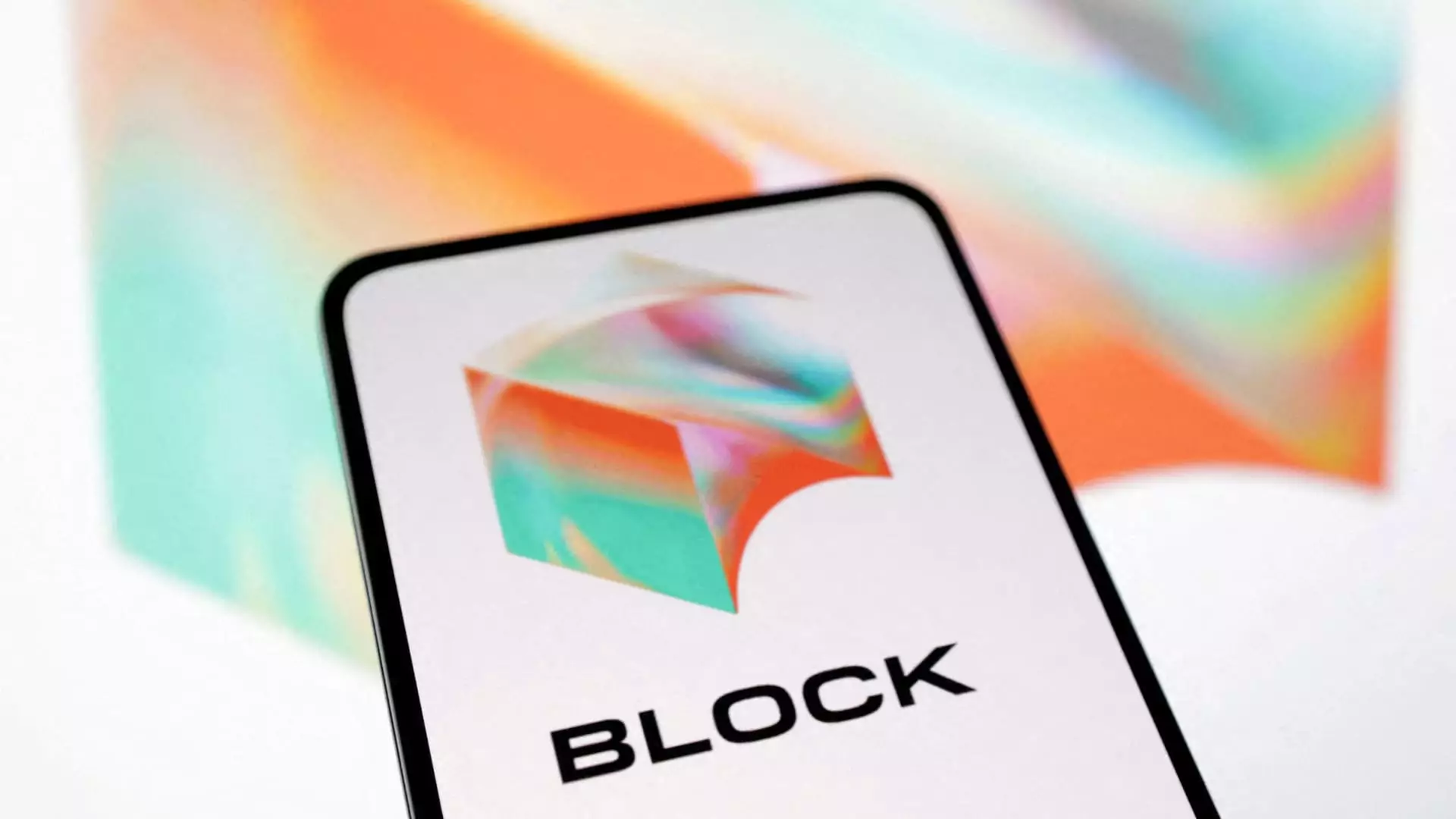In a landscape characterized by volatility and rapid innovation, Block, formerly known as Square, recently reported its third-quarter earnings, revealing a mixed bag of results. The market initially reacted negatively to the company’s revenue shortcoming relative to analyst expectations. However, the narrative shifted as investors began to focus on metrics that highlighted Block’s profitability, igniting discussions around the company’s long-term viability and strategic direction. This article delves into Block’s performance in the context of its broader business operations, including the burgeoning Cash App and emerging lending initiatives.
Block’s third-quarter earnings report indicated revenues of $5.98 billion, falling short of the $6.24 billion anticipated by analysts. Despite this, the adjusted earnings per share saw a slight beat at 88 cents compared to the expected 87 cents. Amrita Ahuja, the company’s Chief Financial Officer, emphasized to CNBC that the market should concentrate more on gross profit—a figure that surged to $2.25 billion, marking a remarkable 19% increase from the previous year. This significant gross profit jump is a positive indicator for investors, suggesting that Block is not just surviving a challenging economic environment but thriving by optimizing its core operations.
Cash App: A Crucial Revenue Stream
One of the vital contributors to Block’s profitability is the Cash App, a widely popular mobile payment platform. For the third quarter, the Cash App generated $1.31 billion in gross profit, representing a robust 21% year-over-year increase. Additionally, the app’s monthly active users have seen an 11% rise, surpassing 24 million, which underscores its growing adoption among consumers. Notably, Block’s gross payment volume amounted to $62.4 billion, slightly under the expected $64.3 billion, but the company remains confident in its strategy moving forward.
The potential for further monetization through Cash App’s lending products was articulated by Block’s CEO, Jack Dorsey. He aims to transform Cash App Cards into a more appealing alternative to traditional credit cards by integrating Afterpay, Block’s buy now, pay later (BNPL) service, directly into the Cash App ecosystem. This initiative could make Cash App more attractive to users seeking flexible payment options while opening additional revenue channels for Block.
Block’s foray into the lending sector presents opportunities for significant growth. The company has ventured into various lending products, including Square Loans, Afterpay, and Cash App Borrow. Ahuja elaborated on the advantages of utilizing artificial intelligence in underwriting decisions, allowing Block to efficiently manage risk and maintain low default rates across its lending portfolio—about 1% for buy now, pay later transactions, 3% for Cash App Borrow, and 4% for Square Loans. This innovative approach is pivotal for sustaining profitability, particularly in a competitive landscape where fintech companies must demonstrate financial prudence.
Analyst Kevin Kennedy from Third Bridge posited that lending services could be the central pillar for monetizing Cash App’s user base moving forward. By not only enhancing user experience but also diversifying the revenue model, Block appears poised to significantly increase profitability through these initiatives.
Cautionary Measures and Cost Management
Amid these growth prospects, Block is simultaneously executing cost-reduction strategies. The company has announced a reduction in investment in Tidal, Jay-Z’s music-streaming service, and is wholly winding down TBD, its Bitcoin-focused division. Moreover, significant layoffs earlier in the year reflect a serious acknowledgment of the need to streamline operations in response to shifting market conditions.
Block’s commitment to Bitcoin remains a critical part of its identity. Currently, the company holds 8,300 bitcoins, valued at approximately $630 million. During the earnings call, Dorsey reiterated Block’s goal of increasing Bitcoin accessibility via Cash App, maintaining its status as a proponent of cryptocurrency.
Block’s third-quarter results encapsulate the challenges and opportunities facing modern fintech enterprises. As the company grapples with a decline in revenue, its focus on profitability metrics and robust growth in the Cash App sector paint a more optimistic picture for its future endeavors. With a strategic emphasis on lending innovations and a commitment to effective cost management, Block appears well-equipped to navigate the complexities of the fintech landscape and establish itself as a formidable player in the industry.

Leave a Reply